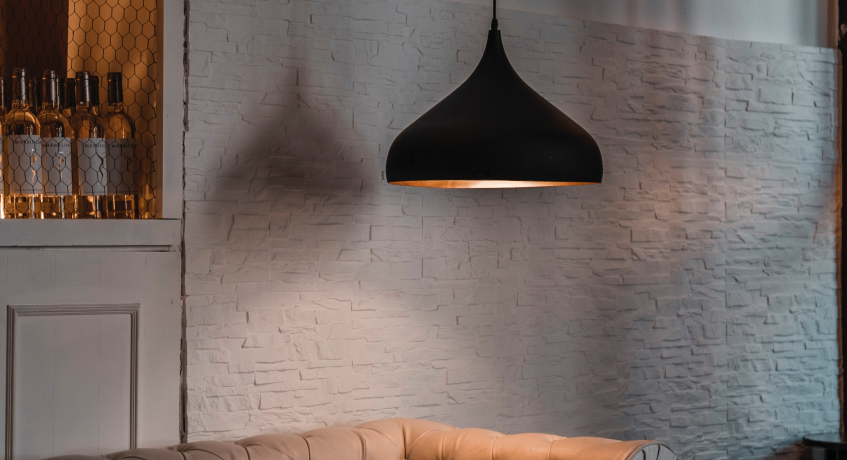PF RESIN (PHENOLIC FORMALDEHYDE RESIN)
- Phenolic resin (PF) is the resin synthesized from the condensation reaction of phenol with formaldehyde in the presence of a catalyst.
- Phenolic resins are a type of thermosetting resin. They are strong, heat and impact resistant and have a high resistance to chemical corrosion and the penetration of moisture. Phenolic resins are machined easily. They are used for resin impregnation, brake linings, electrical components, laminate, adhesives for cement, bonded adhesives, and molds.
- PF resins are found in a myriad of industrial products. They are mainly used in the production of circuit boards. They are better known for the production of molded products including billiard balls, laboratory countertops, and as coatings and adhesives
- Ease of molding
- Very good and accurate dimensional stability
- Creep resistance
- High resistance to deformation
- Good thermal resistance
- Good electrical resistance
- Good chemical resistance
- Resistance to climate change
- Low water absorption
- Proper quality in machining
- PF resin is seen as an equal to MUF resin (same characteristics), but also with a friendlier budget
- PF resin is often dark-colored from dark amber to dark brown to black, and has an excellent performance profile
- Phenolic resins are available in the form of flakes and liquids.
- PF resin has high temperature stability up to 300° – 350° C, high water and chemical stability.
- The notable qualities of phenolic resin include its ability to withstand heat, hardness, dimensional stability, electrical resistance, and chemical resistance
- Support in high water resistant PF resin, available on request
- Support in high heat resistant PF resin, available on request

 Brochure Explore Our Range of Wood Finishes with Our
Brochure Explore Our Range of Wood Finishes with Our
Comprehensive Brochure Download Now 





